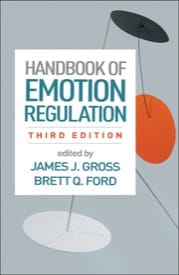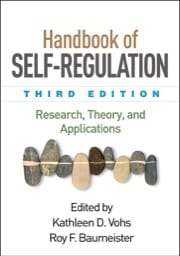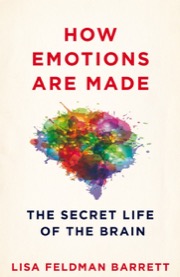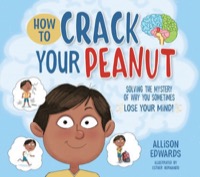# | A | B | C | D | E | F | G | H | I | J | K | L | M | N | O | P | Q | R | S | T | U | V | W | X | Y | Z | All

Cutting-edge knowledge about how and why people try to regulate their emotions, the con...

Reviews the breadth of current knowledge on the conscious and nonconscious processes by...

A guidebook to help children who are missing someone too much or suffer from separation...

A small boy lands on the page and, quite by accident, discovers the joy and wonder of l...

Draws on the latest scientific evidence to reveal that our ideas about emotion are dram...

Help kids listen to their bodies and understand control their emotions & learn why they...